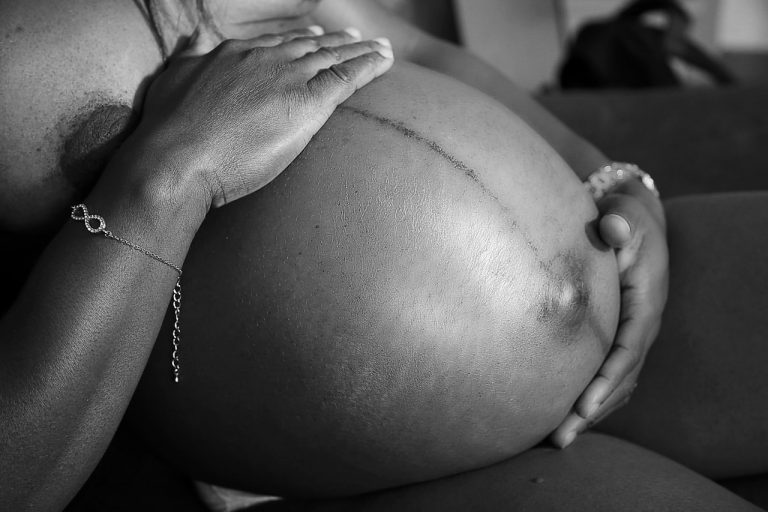There has been a steady rise of teenage pregnancy cases across counties in Kenya. Between July 2016 and June 2017, the United Population Fund Report reported that Kenya recorded 378,397 teenage pregnancies cases for girls aged between 10-19 years. In 2019, data from the Global Childhood Kenya depicted that Kenya has the third highest teen pregnancy rates with 82 births per a 1,000 births.
Early pregnancy itself is a health issue associated with complications arising from premature birth, low birth weight and poor prenatal care. Most cases are unintended and therefore most of these young girls opt for abortion services which have their own share of complications such as death or infertility thereafter. The sudden closure of schools affected many young people especially in the low-income areas where accessing education online is impossible. This in turn has led to the engaging of sexual activities by the said adolescence to gain benefits they had been receiving whilst in school like sanitary towels that were being provided by government and well-wishers for free. Due to the loss of livelihoods especially in the low-income areas, some girls have had turn to sexual activities in order to generate income to support their families.
Counties in Turmoil
Data obtained using the Kenya Health information system shows that Nairobi County has the highest underage pregnancy crisis with girls below 14 years being 2,432. It is followed closely by Nakuru County with 1748, Kajiado has 1523, Kericho 1,006, Homabay 957 and Garissa County 901.
In Nairobi County, girls aged between 15-19 years were 24,106 while Nakuru had 17,019, Meru 15,353, Narok 14,052, Bungoma 13,920, Kiambu 13,128 and Trans Nzoia 11,687. These underage pregnancies are mostly influenced by rape, poverty, early marriages, peer pressure, drug abuse, domestic violence, inadequate information on sexual reproductive health as well as lack of sexual reproductive health services and programs.
What is being done about the crisis?
In a bid to solve the catastrophe, the government of Kenya has launched a campaign through the National Council for Population and Development to end teenage pregnancies. The civil society and religious entities are working on ways to help the young pregnant girls. They are mostly focusing on creating awareness to the communities on their attitudes towards sex education. There is need for parents to engage their children about sex and the consequences of sexual interactions.
The government should also provide sexual and reproductive health services like contraceptives. It should also provide sessions for guardians on how to handle these topics with their children. In addition, the government should also take action against those culprits responsible for impregnating underage girls. Generally, leaders need to put measures to end teenage pregnancies and sensitize their communities towards combating the teenage pregnancy crisis.


